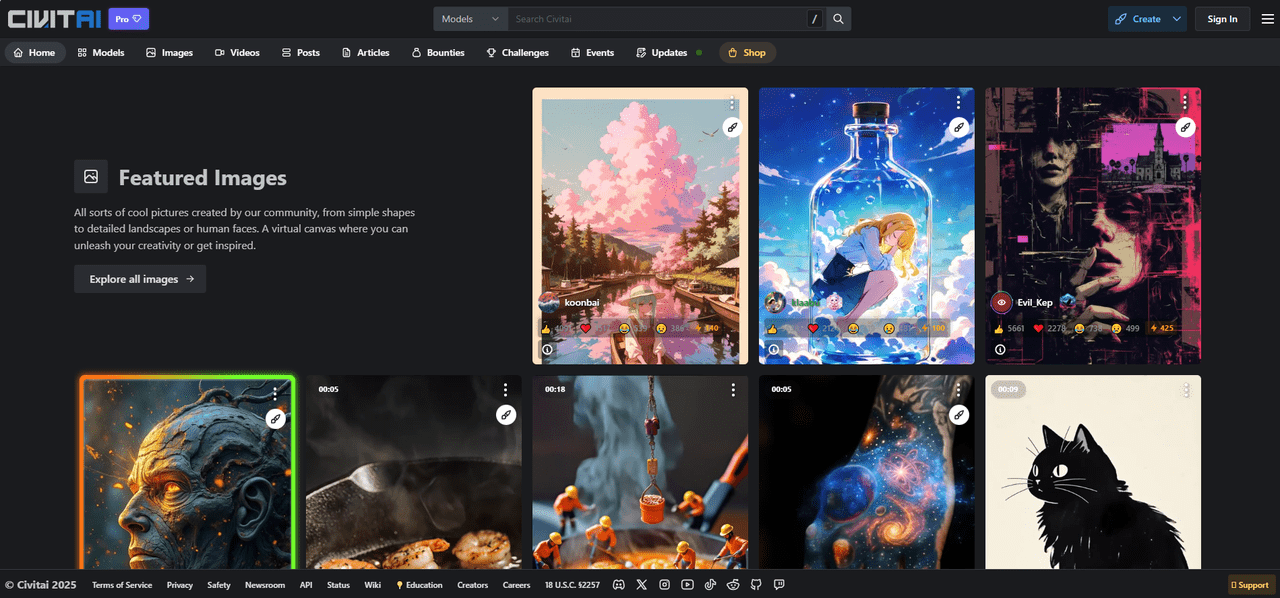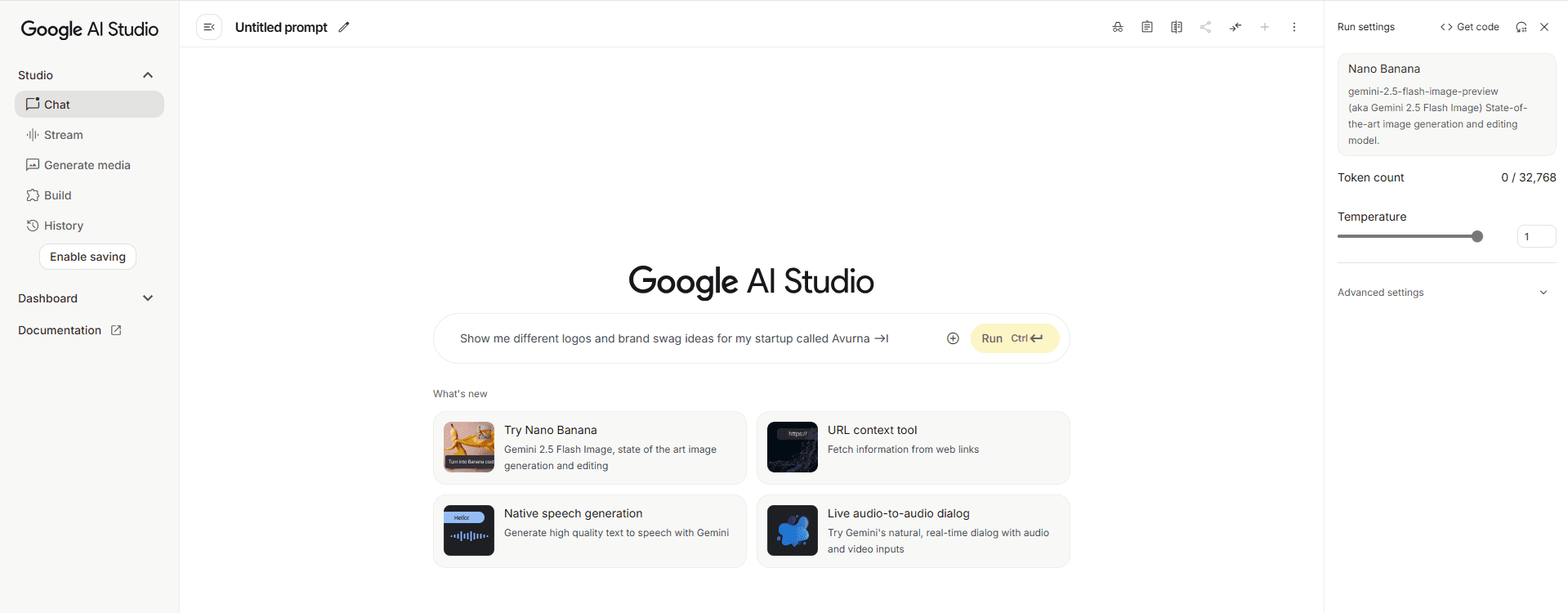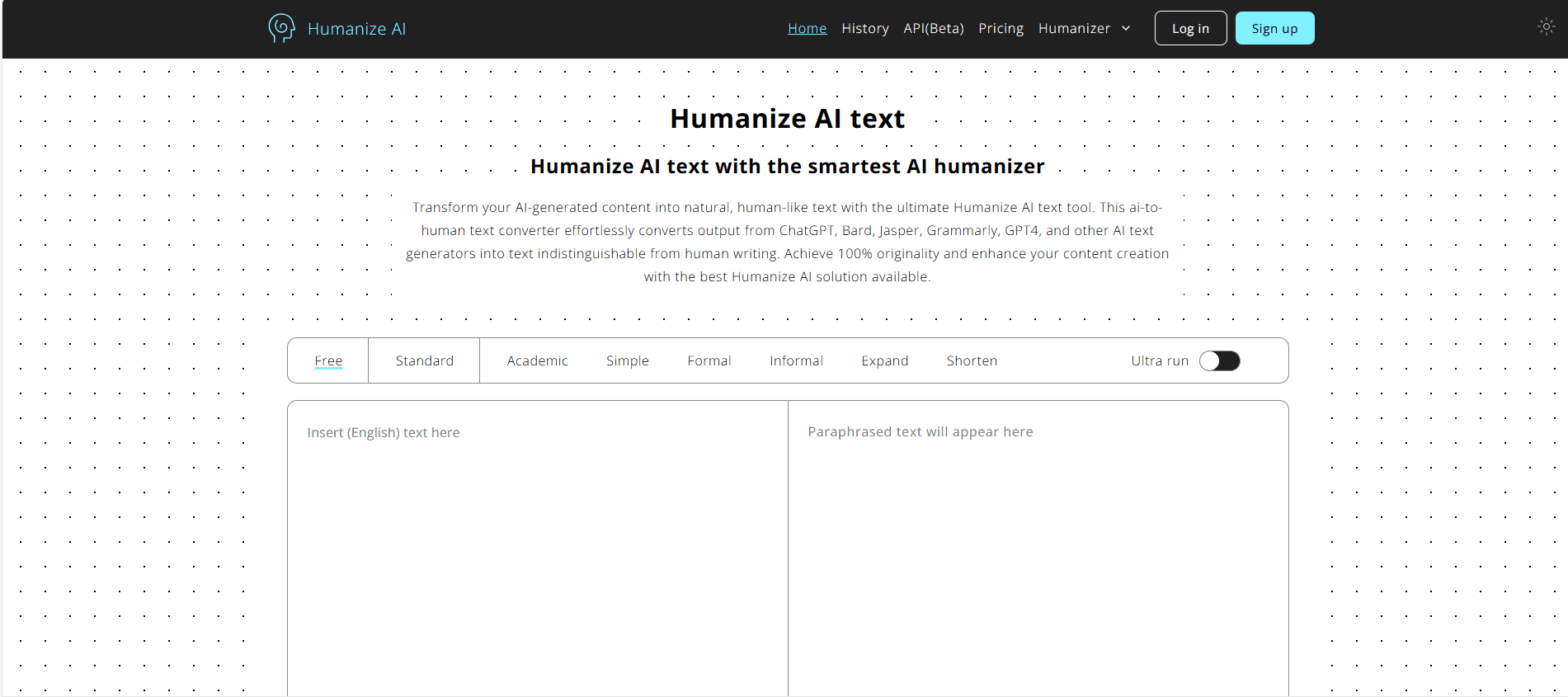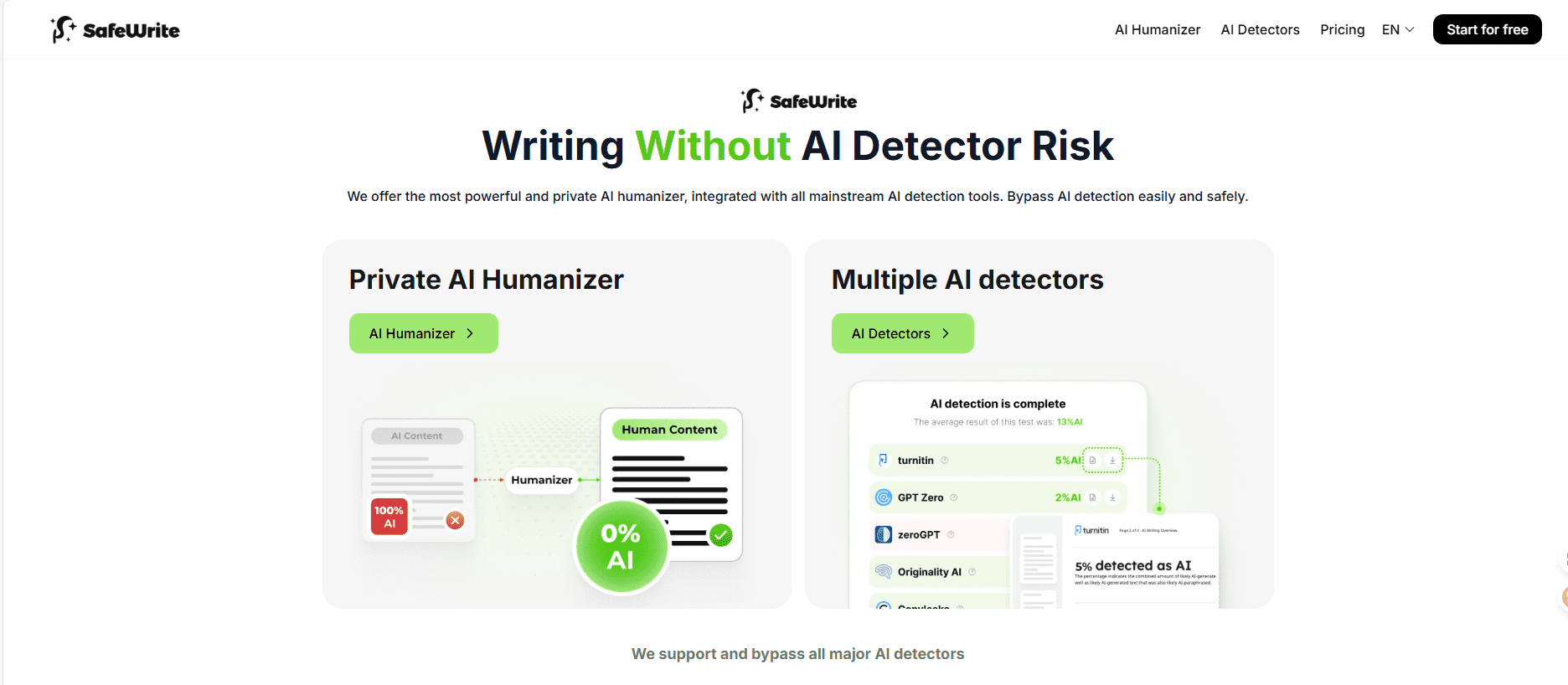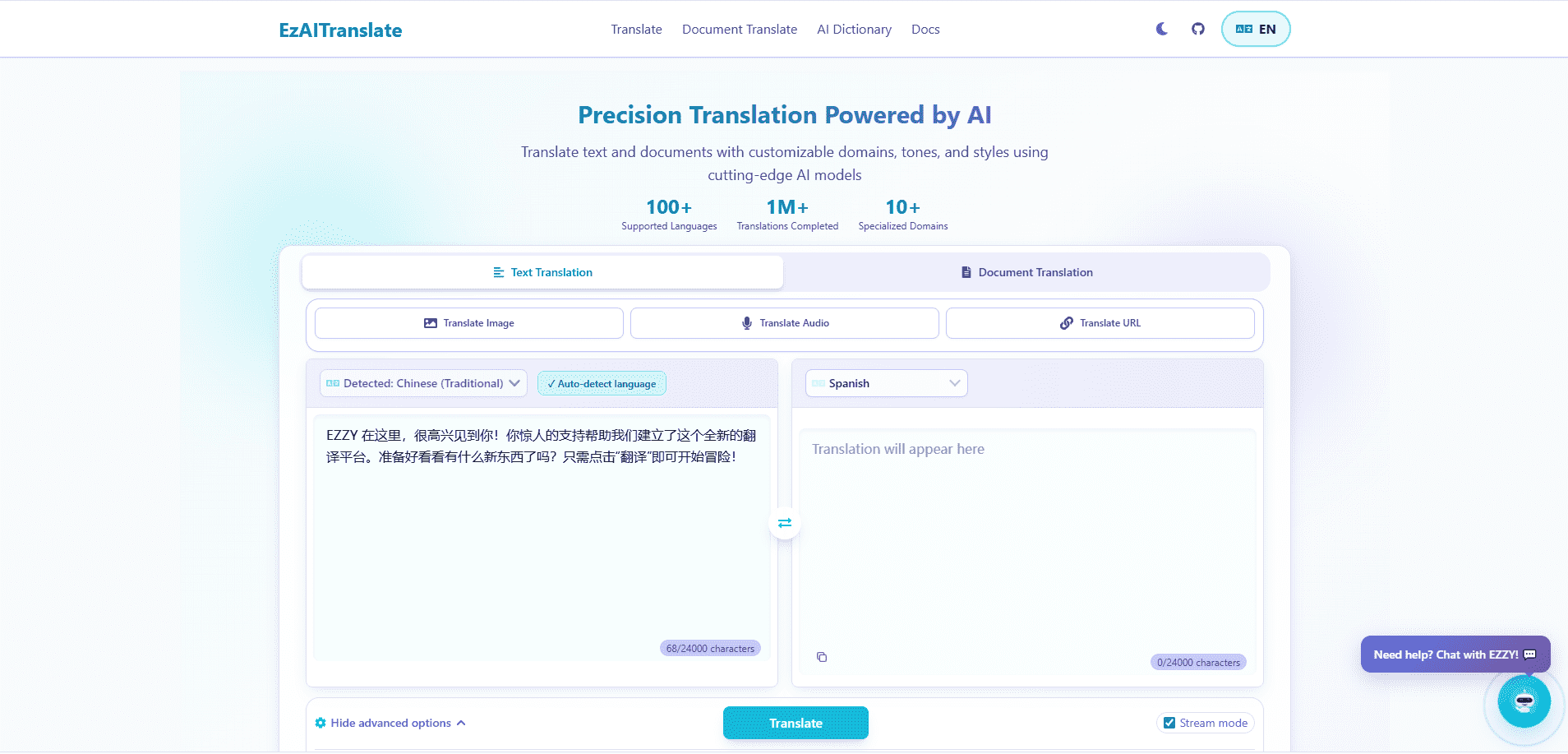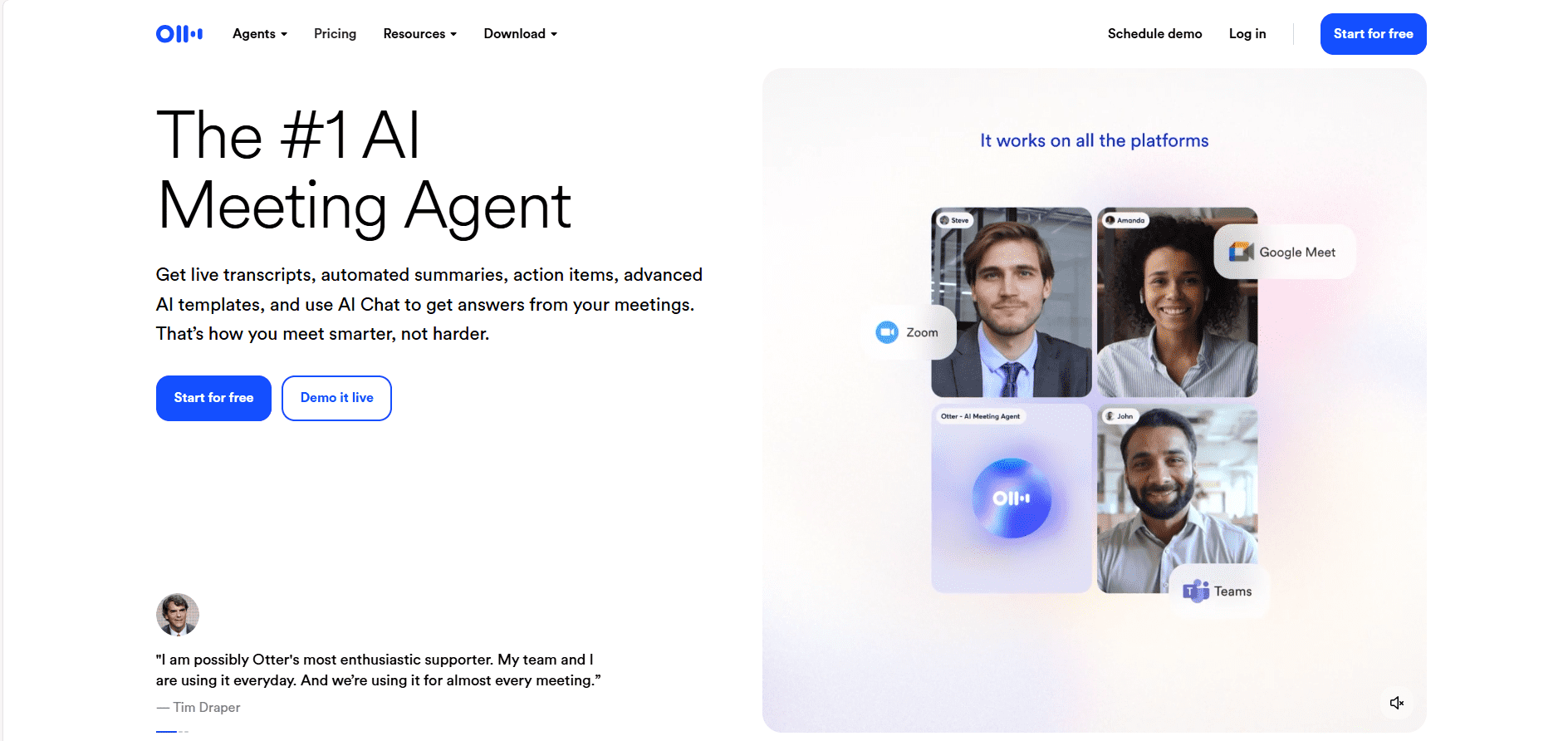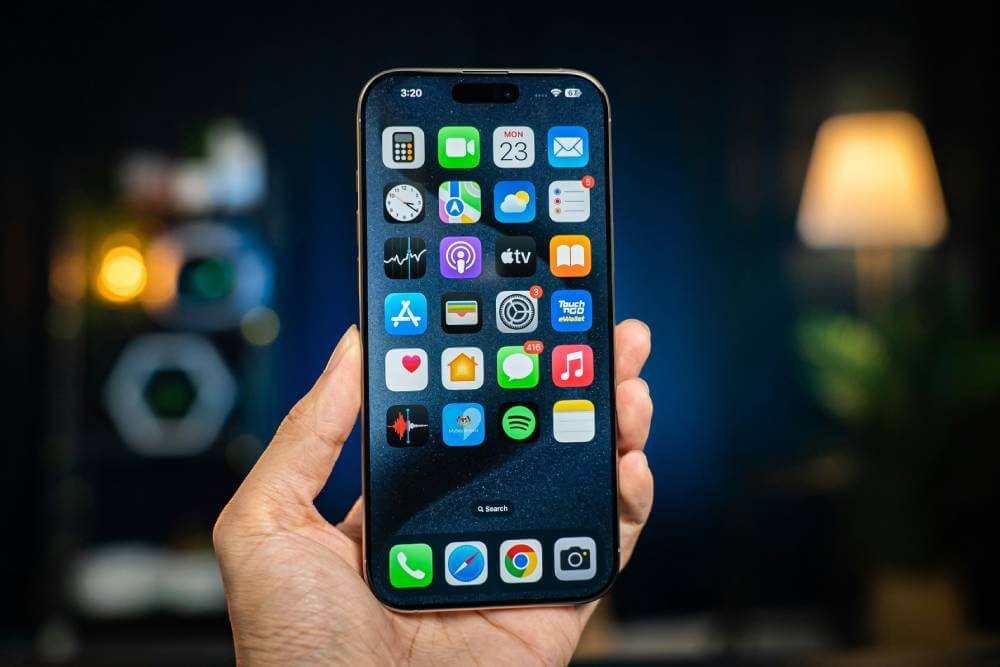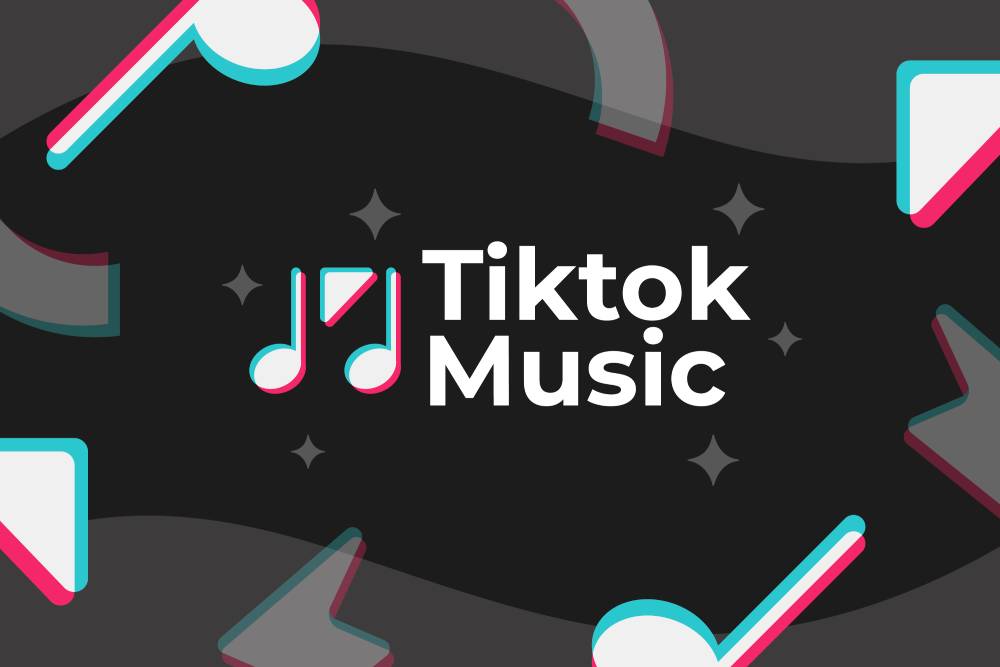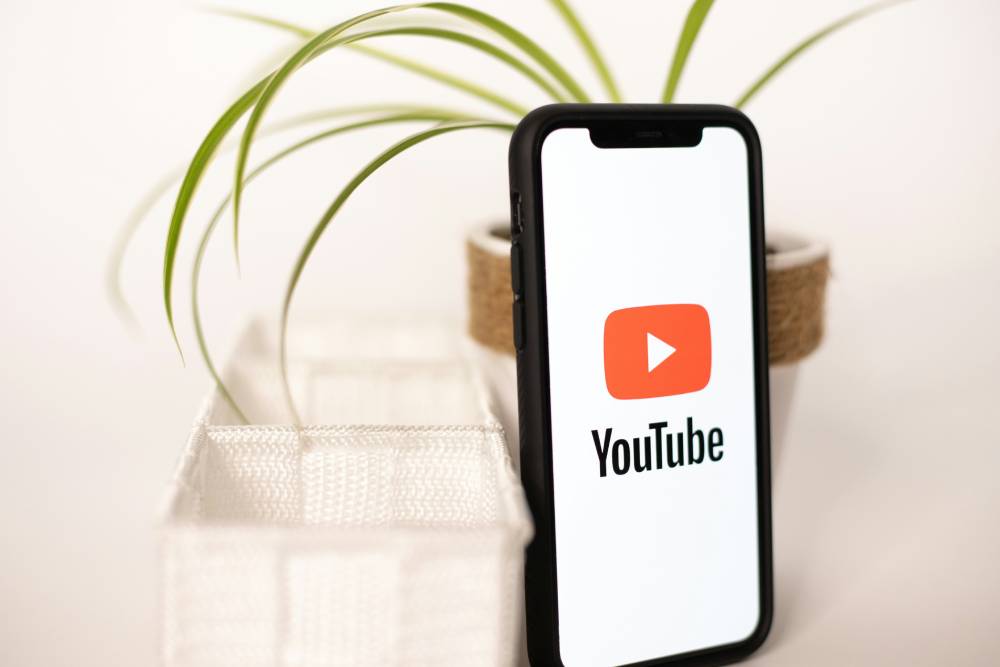ByteDance has announced the closure of its music streaming service, TikTok Music, effective November 28, 2024.
In a notice posted on TikTok Music’s website, the company stated, “We are sorry to inform you that TikTok Music will be closing on 28 November 2024.” The service has been available in several countries, including Indonesia, Brazil, Australia, Singapore, and Mexico.
ByteDance to Shut Down TikTok Music Globally
ByteDance has announced that it will shut down its music streaming service, TikTok Music, effective November 28, 2024. This decision is part of the company’s strategy to focus on enhancing TikTok’s integration with existing music streaming platforms rather than competing directly with them.

An official notice posted on TikTok Music’s website informed users that the service will cease operations on November 28, 2024. Subscribers will still have access to their accounts until the closure date, after which all renewals will be automatically canceled. Those who wish to transfer their playlists to other streaming services are advised to do so by October 28, while refund requests must be submitted by November 28.
Commitment to Collaboration with Streaming Services
Ole Obermann, the Global Head of Music Business Development at TikTok, stated, “Our Add to Music App feature has already enabled hundreds of millions of track saves to playlists on partner music streaming services. We will be closing TikTok Music at the end of November in order to focus on our goal of furthering TikTok’s role in driving even greater music listening and value on music streaming services for the benefit of artists, songwriters, and the industry.” This emphasis on collaboration underscores TikTok’s intention to enhance user experience across platforms rather than enter a competitive arena with established music services.
TikTok Music’s roots can be traced back to a ByteDance product called Resso, which initially launched in India and Indonesia in 2019 before expanding to Brazil. Earlier this year, ByteDance rebranded Resso as TikTok Music in Brazil and Indonesia, subsequently rolling out the service to Singapore, Australia, and Mexico. However, it’s worth noting that Resso faced significant challenges, including a ban in India earlier this year, which may have influenced the decision to consolidate efforts into TikTok’s existing platform.
New Features Enhancing User Experience
TikTok recently introduced the “Add to Music” feature, allowing users to seamlessly add tracks from TikTok directly to playlists on popular streaming services such as Apple Music, Amazon Music, and Spotify. This initiative has positioned TikTok as a vital tool for music discovery, facilitating more significant interaction between the platform and traditional streaming services.
The Future of Music Streaming on TikTok
As ByteDance shifts its focus from operating TikTok Music to enhancing TikTok’s role in the music ecosystem, the company aims to leverage its massive user base and influence in the social media space. By promoting music consumption through established streaming services, TikTok hopes to create additional value for artists and songwriters, ultimately contributing to a more robust music industry.
TikTok Music: A Reflection of Challenges and Opportunities for ByteDance
The recent decision by ByteDance to shut down TikTok Music underscores the complex dynamics between social media, music discovery, and the music industry itself. While TikTok has emerged as a powerful platform for artists to gain exposure and drive streams, various factors have influenced the fate of its music streaming service.

TikTok as a Launchpad for Music Discovery
TikTok has transformed how people discover music, becoming a pivotal platform for artists seeking to reach wider audiences. A study conducted by TikTok and entertainment data research firm Lumiate highlighted its significant role in increasing streaming values and fueling music discovery. Many artists owe their breakout success to viral TikTok trends, where snippets of their songs become the soundtrack to user-generated content, thus propelling their streams on significant platforms like Spotify and Apple Music.
The Viral Phenomenon of TikTok
The platform’s short-form video format allows users to create engaging content set to music, often leading to viral trends that can catapult lesser-known artists into the limelight overnight. For instance, tracks like “Old Town Road” by Lil Nas X gained massive popularity after going viral on TikTok, leading to record-breaking chart performance. This phenomenon underscores how TikTok not only democratizes music promotion but also reshapes the traditional music release strategy, prompting artists and labels to consider the platform as a key component of their marketing efforts.
In addition to facilitating music discovery, TikTok fosters a sense of community among fans and artists. Users often participate in challenges, duets, and collaborations that create a shared experience around a song. This engagement strengthens fan loyalty and encourages artists to interact with their audience, making them more relatable and approachable. As a result, the connection between artist and fan has evolved, with TikTok serving as a vital tool for building and sustaining these relationships.
ByteDance’s Ambitious Plans and Limited Expansion
Recognizing TikTok’s influence, ByteDance, which also owns a music distribution platform called SoundOn, likely sought to leverage this popularity to drive streams within its own ecosystem. However, TikTok Music’s international expansion has been limited, and it has only launched in select markets like Indonesia, Brazil, Australia, Singapore, and Mexico. This restricted rollout may have constrained the potential of TikTok Music to compete effectively with established streaming services.
Market Limitations and Consumer Adoption
The limited geographical reach of TikTok Music raises questions about consumer adoption and the overall market strategy. While the service attempted to tap into the burgeoning demand for music streaming, its inability to capture larger markets—especially the U.S. and Europe—ultimately diminished its potential. Competing with giants like Spotify and Apple Music requires not only extensive catalog offerings but also robust marketing strategies that can resonate with diverse consumer bases.
Shaky Relationships with the Music Industry
Despite its success as a music discovery platform, TikTok has faced challenges in its relationships with major music labels. Earlier this year, Universal Music Group (UMG) pulled its music catalog from TikTok after contentious negotiations over royalties. This move sparked a public dispute, with TikTok accusing UMG of promoting a “false narrative and rhetoric.” Fortunately, by March, both parties reached a truce and signed a new agreement, highlighting the ongoing tensions that exist within the industry.
The Impact of Royalties on Streaming Services
The dispute with UMG reflects a broader trend within the music industry, where streaming platforms grapple with how to compensate artists fairly. As music consumption shifts increasingly towards streaming, questions about revenue distribution and fair payment structures remain at the forefront of discussions. Artists and labels are becoming more vocal about the need for transparency in royalties, especially as platforms like TikTok become essential for music discovery and promotion.
Building Trust and Cooperation
For TikTok to successfully navigate these waters, it must prioritize building trust and fostering collaboration with music labels and artists. Establishing transparent agreements and equitable revenue-sharing models can mitigate potential conflicts and create a more sustainable ecosystem for music distribution. This approach could also enhance TikTok’s reputation within the industry and encourage more artists to embrace the platform as a legitimate avenue for promotion.
Regulatory Challenges and Their Impact
In addition to its internal struggles, TikTok is currently engaged in a legal battle concerning a bill that could lead to a ban on the app in the United States. These regulatory hurdles may have further complicated ByteDance’s plans for expanding TikTok Music, especially in lucrative markets like the U.S. The potential for a ban raises uncertainties about the app’s future and its ability to sustain its role as a music discovery platform.
The U.S. Ban and its Implications
The prospect of a ban in the U.S. poses significant risks for TikTok and its parent company, ByteDance. The uncertainty surrounding regulatory actions may hinder investor confidence and stifle innovation within the app. Additionally, the inability to operate in one of the largest markets for music consumption would severely impact TikTok’s overall growth and its ability to monetize its services effectively.
The Future of TikTok and Music Streaming
As ByteDance shifts its focus away from TikTok Music, it reflects the broader complexities within the music streaming landscape. While TikTok continues to be a powerful tool for music discovery, the challenges posed by industry relations and regulatory pressures may hinder its growth and influence. The closure of TikTok Music serves as a reminder that even successful platforms must navigate a challenging ecosystem, balancing innovation with collaboration in an ever-evolving industry.
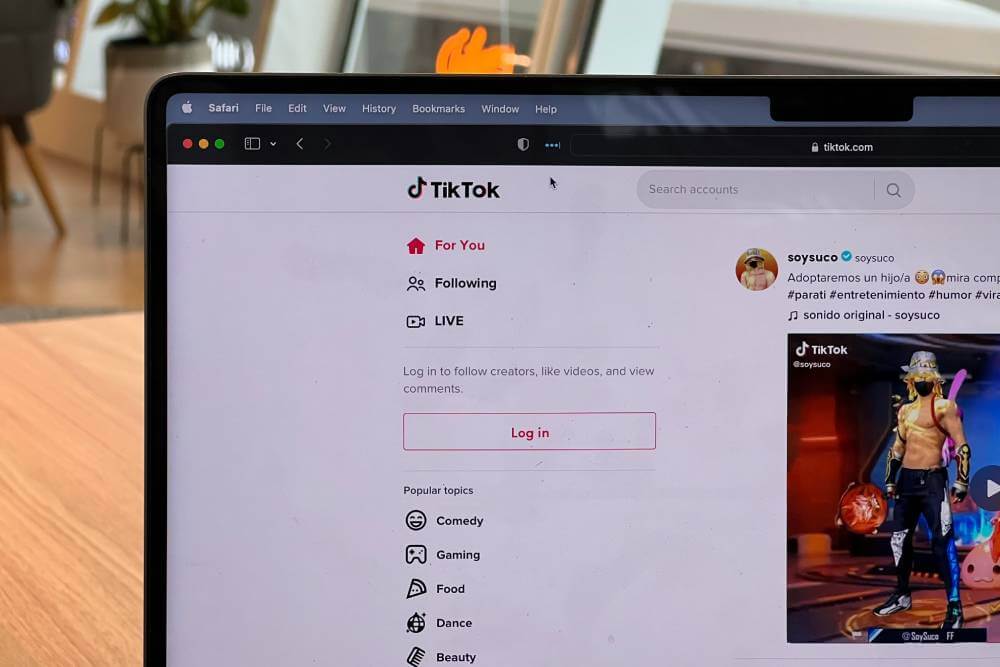
Despite the challenges, TikTok still holds immense potential as a music discovery platform. As it continues to innovate and engage with its user base, the app can adapt to the changing landscape of music consumption. Exploring partnerships with established streaming services, enhancing its music integration features, and maintaining open lines of communication with artists and labels can position TikTok to thrive in the future.
Moving forward, TikTok’s ability to maintain its status as a launchpad for artists while fostering solid relationships with music labels will be crucial for its ongoing impact in the music world. By addressing industry concerns and leveraging its unique strengths, TikTok can carve out a sustainable path that benefits artists, fans, and the broader music ecosystem.


